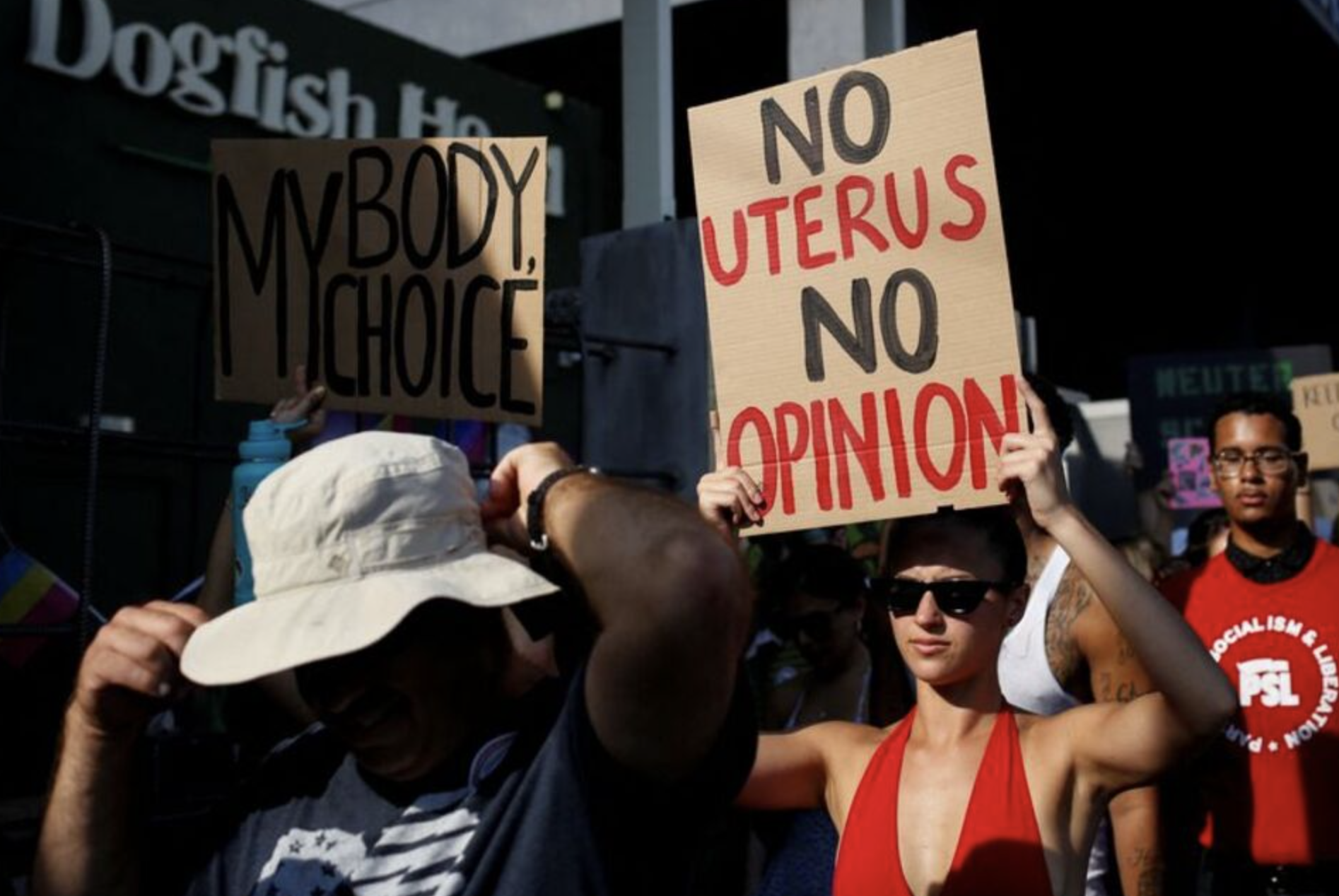More Black Women Reach Space Than Lead Fortune 500 Companies.

Black women have soared further in space than in corporate boardrooms.
The 2025 Fortune 500 CEO list highlights the persistent gap Black women face in corporate leadership.
According to Forbes, only two Black women made this year’s ranking of top U.S. companies—a list that has included just five Black women since its 1955 debut. Meanwhile, six Black women have made history as astronauts, underscoring the ongoing lack of representation in executive roles.
It took more than 50 years for Ursula Burns to shatter barriers as the first Black woman CEO of a Fortune 500 company, leading Xerox from 2009 to 2016. A decade later, Mary Winston briefly stepped in as CEO of Bed Bath & Beyond in 2019. Rosalind Brewer joined the ranks in 2021 at Walgreens, followed the same year by TIAA’s Thasunda Brown Duckett, and in 2023 by Toni Townes-Whitley of SAIC.
According to 2023 U.S. Bureau of Labor Statistics data, Black workers represent about 13% of the workforce but occupy only 3.3% of executive-level positions. Black women, who make up roughly 7.5% of workers, hold fewer than 2% of C-suite roles—helping explain why just two made this year’s Fortune 500 list.
McKinsey reports that Black representation drops to 7% at the managerial level and remains at only 4–5% across senior manager, VP, and SVP positions.
Black women have found greater success and visibility in aeronautics than in corporate leadership. Since NASA’s founding, only about 360 astronaut candidates have been selected—with just 50 currently active—and becoming an astronaut demands exceptional expertise and the courage to face significant risks.
Yet, NASA has named more Black women astronauts than Fortune 500 companies have appointed as CEOs. Mae Jemison made history as the first Black woman astronaut in 1992—17 years before Ursula Burns became the first Black woman to lead a Fortune 500 company at Xerox in 2009. Gayle King and Aisha Bowe’s Blue Origin flights earlier this year, however, are classified by the FAA as “spaceflight participants,” not official astronauts.
The newest Fortune 500 list echoes McKinsey’s 2024 Women in the Workplace report, which found that the number of Black women in leadership has dropped below pre-pandemic levels. Despite often showing higher ambition, matching qualifications, and outperforming peers, Black women remain significantly underrepresented in corporate leadership.


